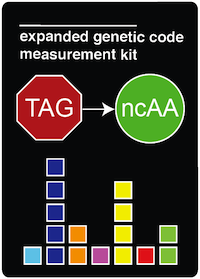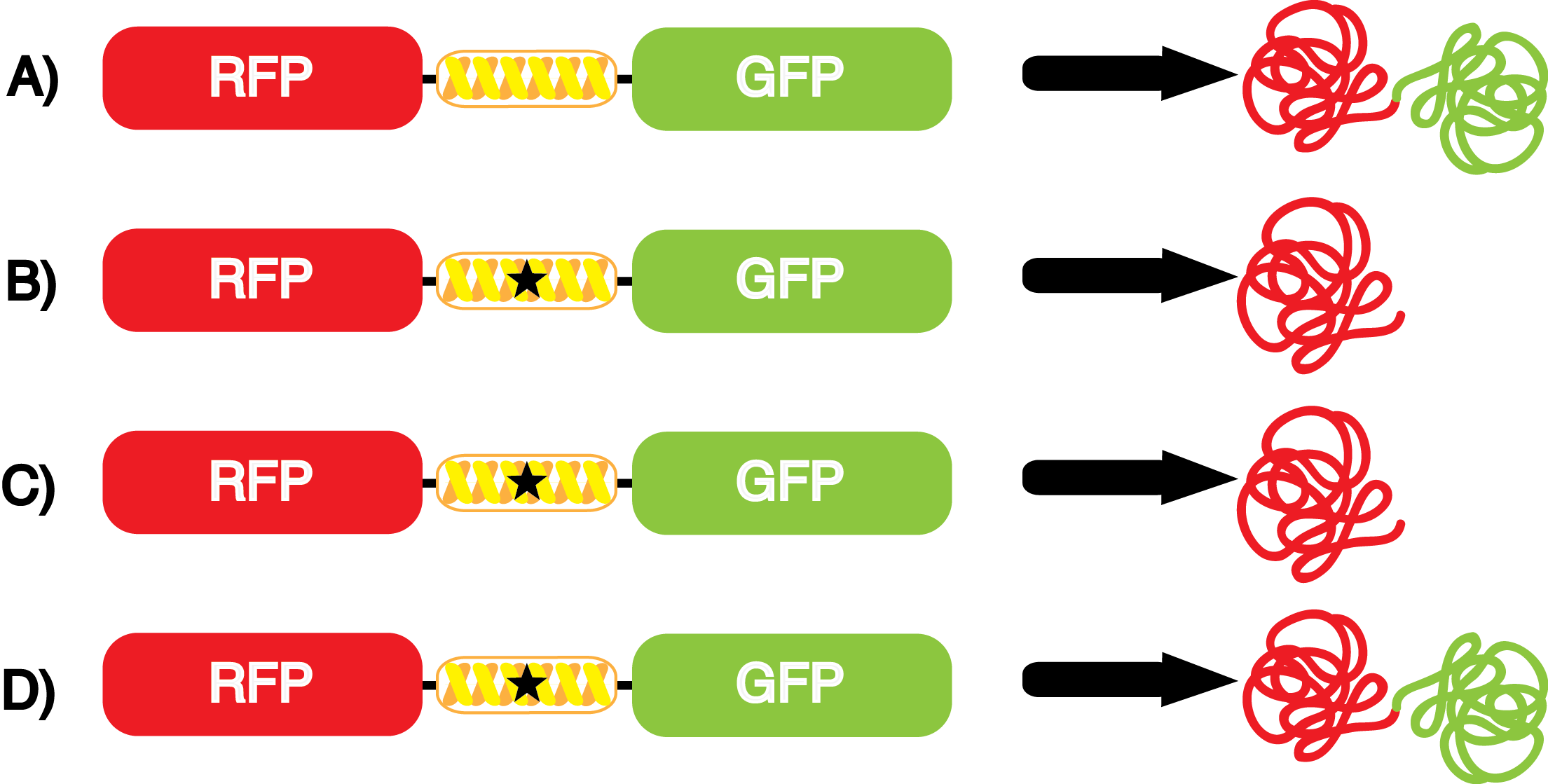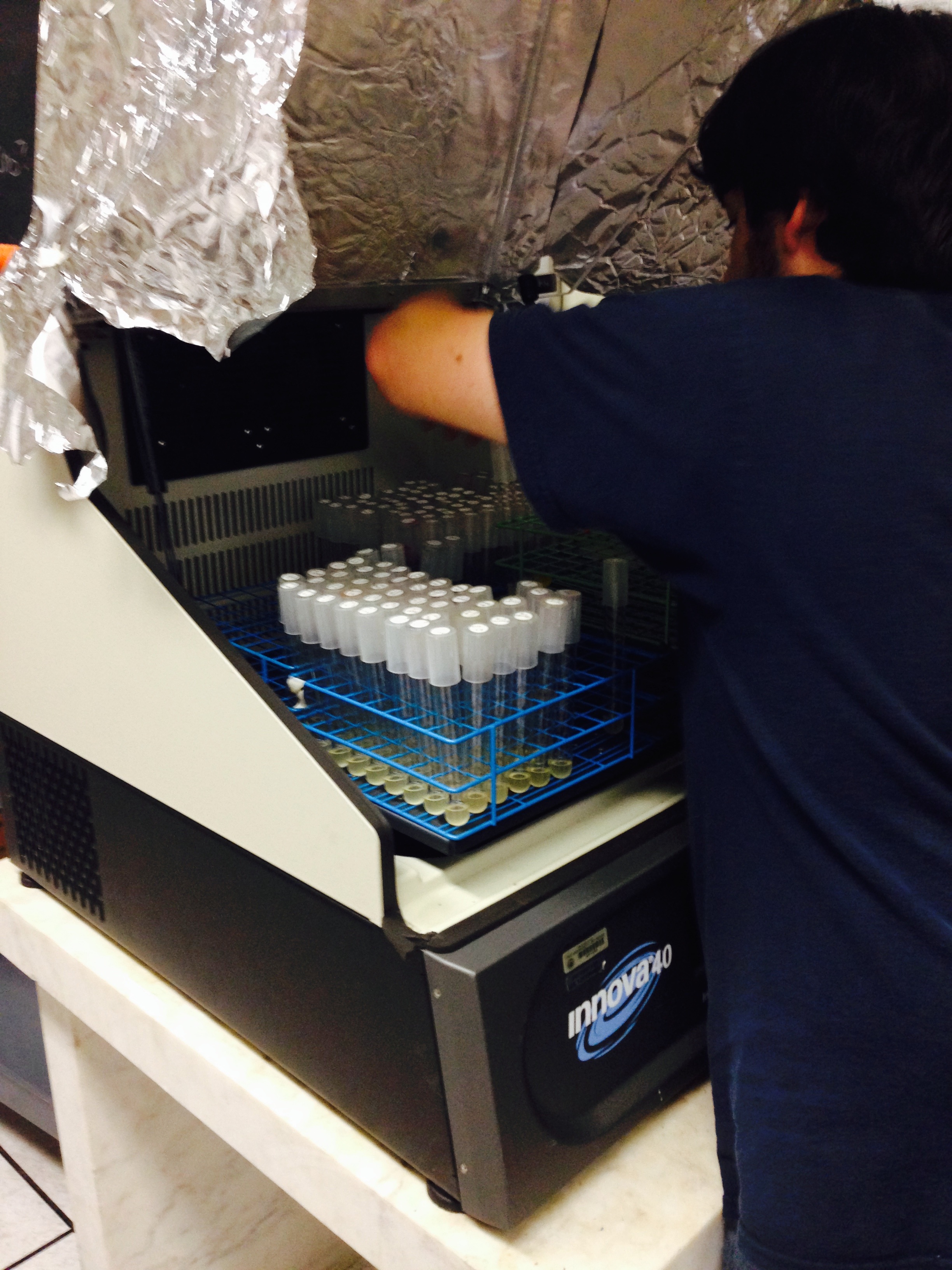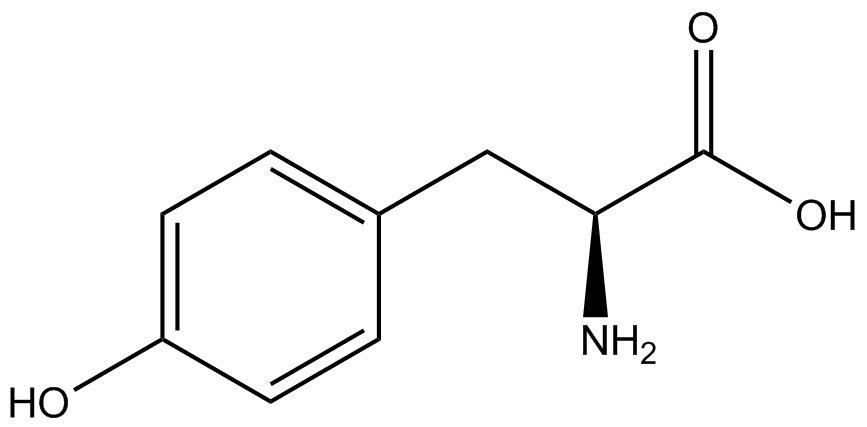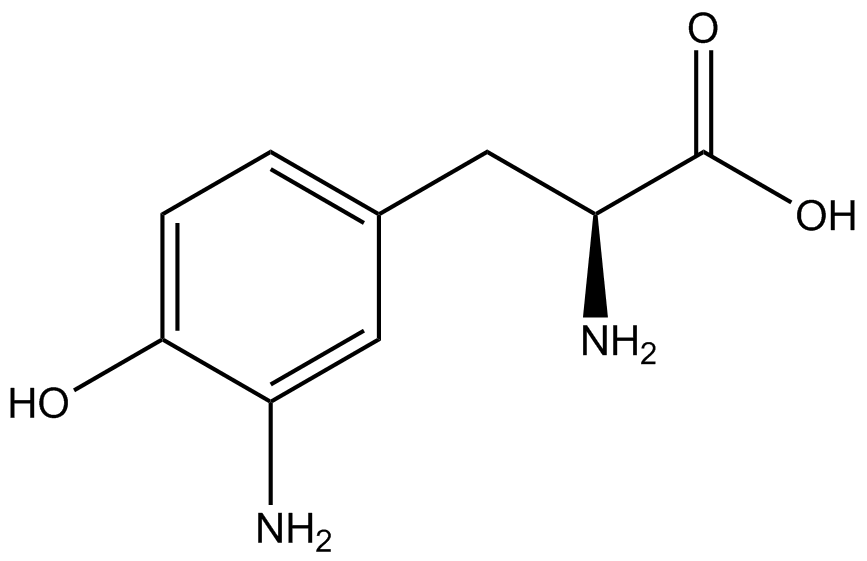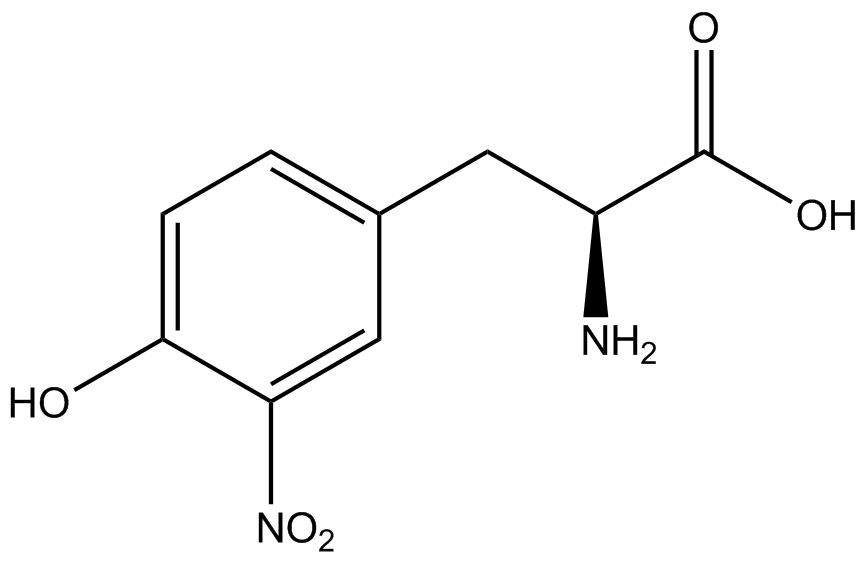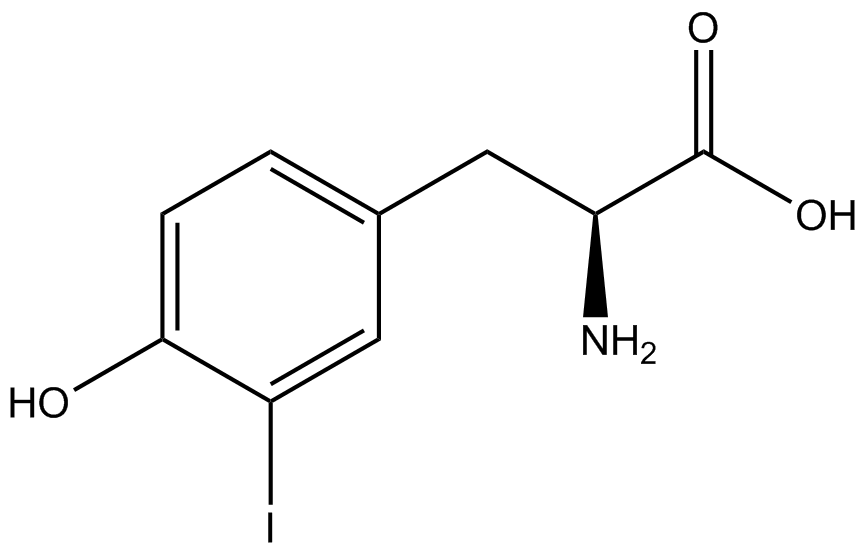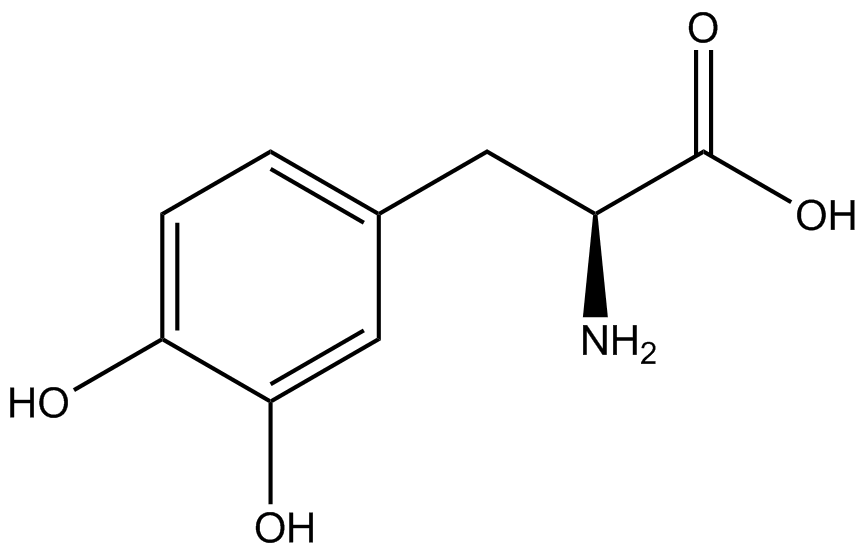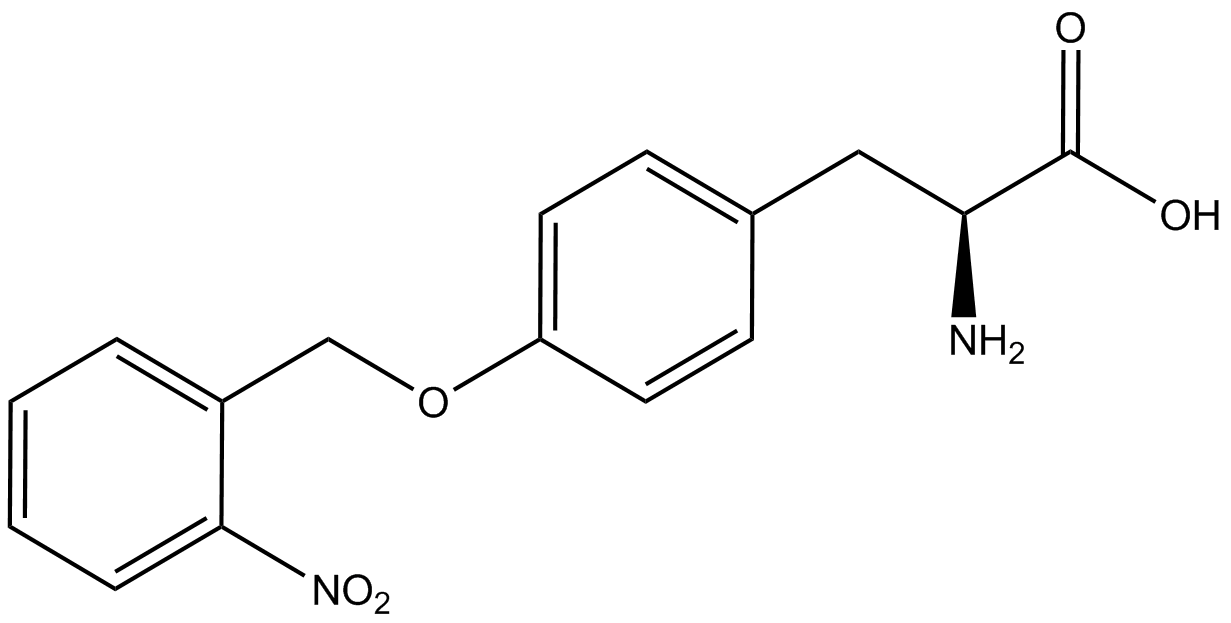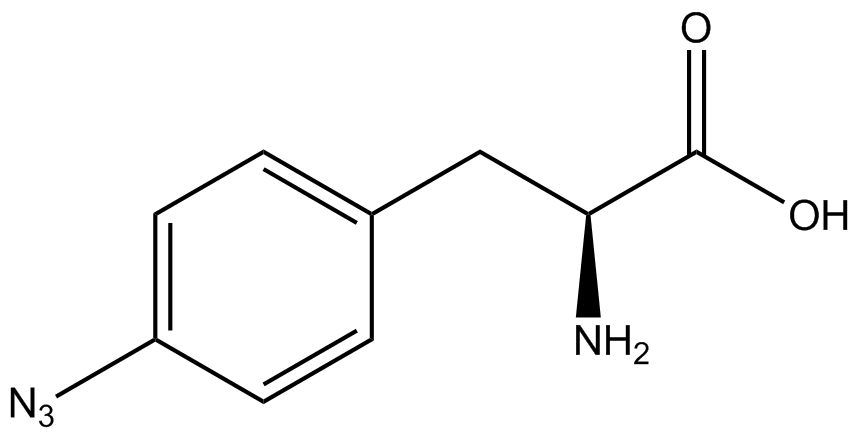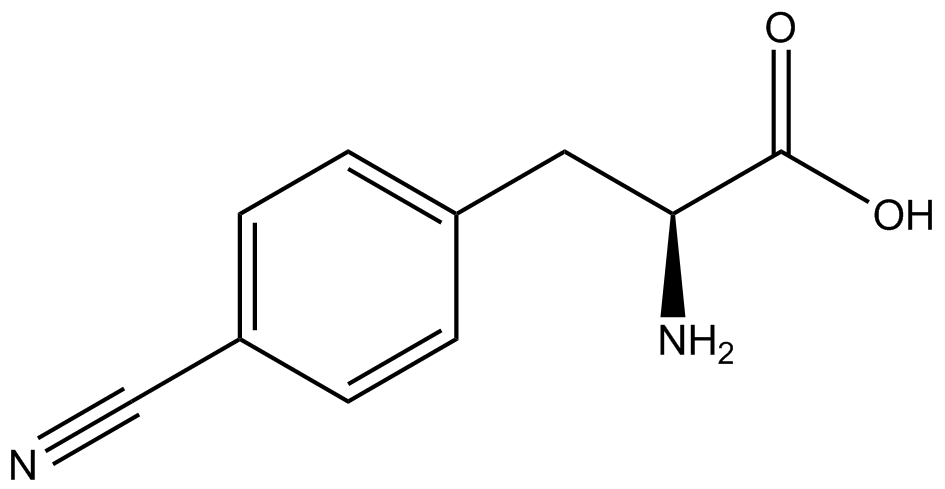Team:Austin Texas/kit
From 2014.igem.org
Jordanmonk (Talk | contribs) m |
Jordanmonk (Talk | contribs) m |
||
| Line 215: | Line 215: | ||
| - | For our results (Figure 4), two | + | For our results (Figure 4), two synthetase/tRNA pairs stood out as relatively inefficient: 3-nitrotyrosine and ONBY. Both of these synthetase/tRNA pairs showed a significantly smaller normalized GFP to RFP fluorescence when the ncAA was present with the pFRY construct. While both synthetase/tRNA pairs show a significant increase in normalized GFP to RFP fluorescence when the amino acid was present compared to when it was absent, which indicates a high fidelity, the actual GFP fluorescence relative to the RFP fluorescence was only around 50% for 3-nitrotyrosine and 20% for ONBY. These results suggest that, these synthetase/tRNA pairs do not always incorporate their ncAA at the amber stop codon. It is important to note that this could partly result for ncAA-related toxicity, and such an effect was repeatedly observed for ONBY. |
<h2>Incorporation Value</h2> | <h2>Incorporation Value</h2> | ||
Revision as of 21:51, 17 October 2014
| |||||||||||||||||||||||||||||||||||||||||||||||||||||||||||||||||||||||||||||||||||||||||||||||||||||
 "
"

